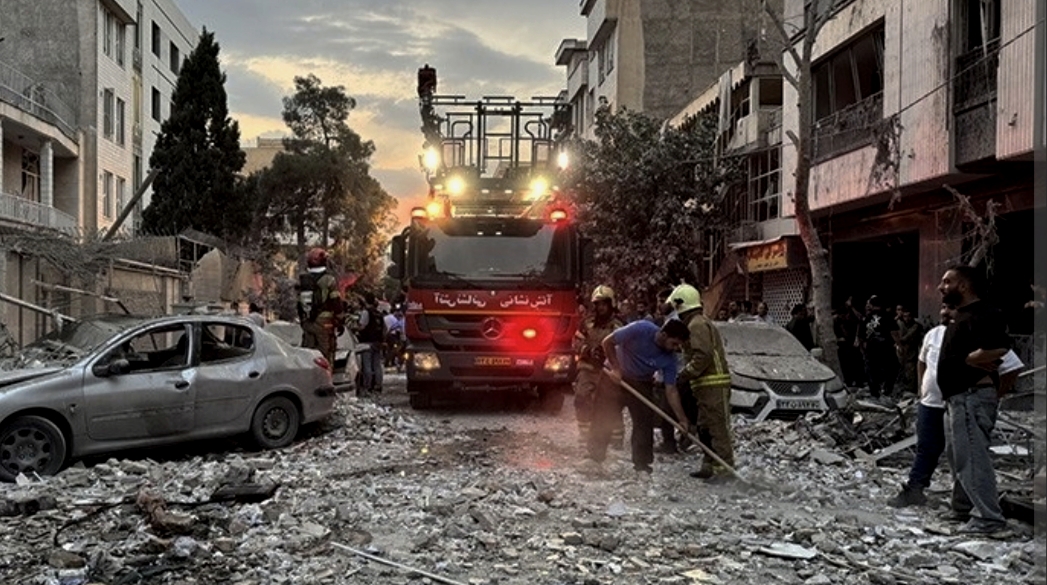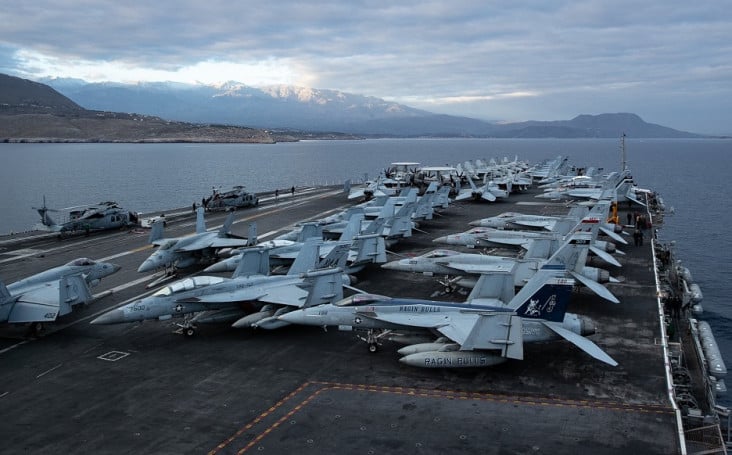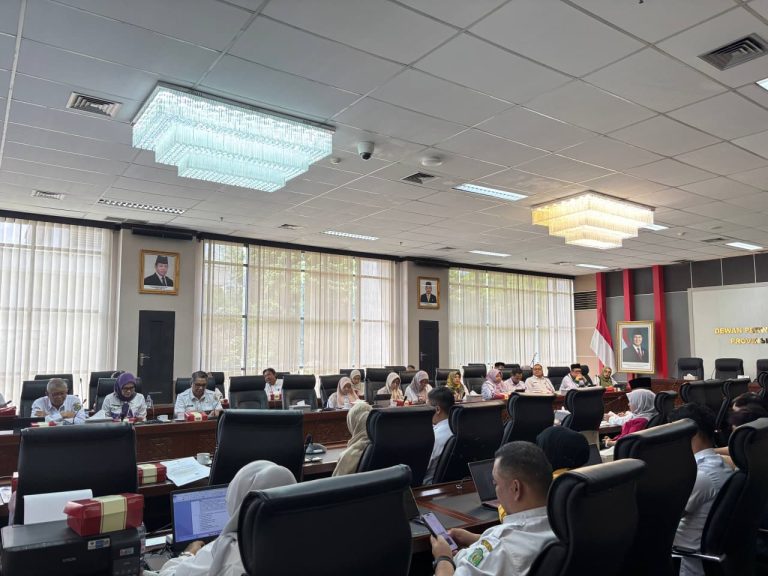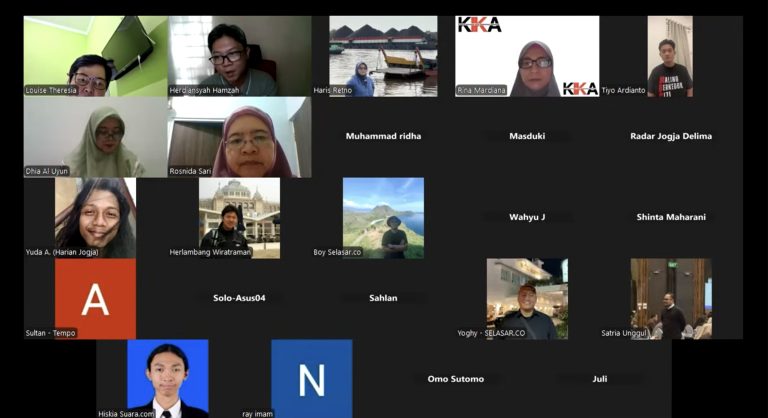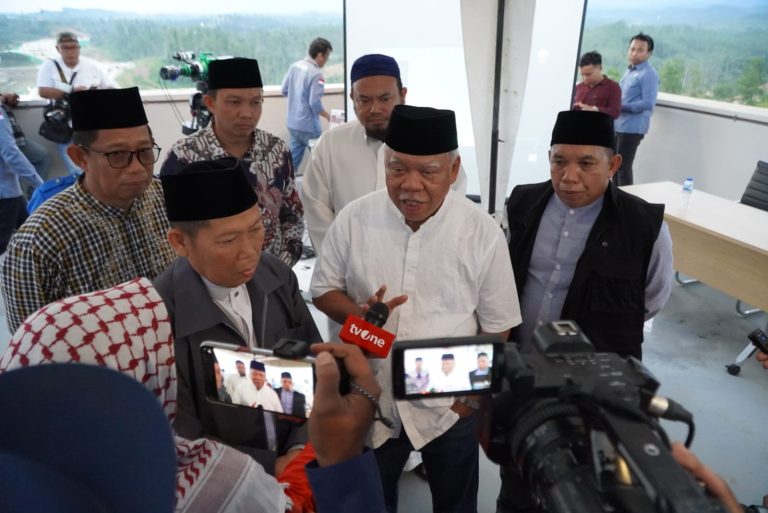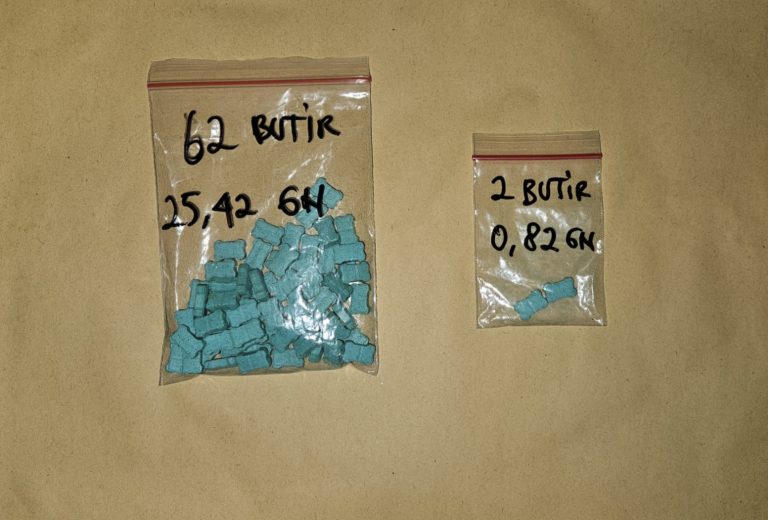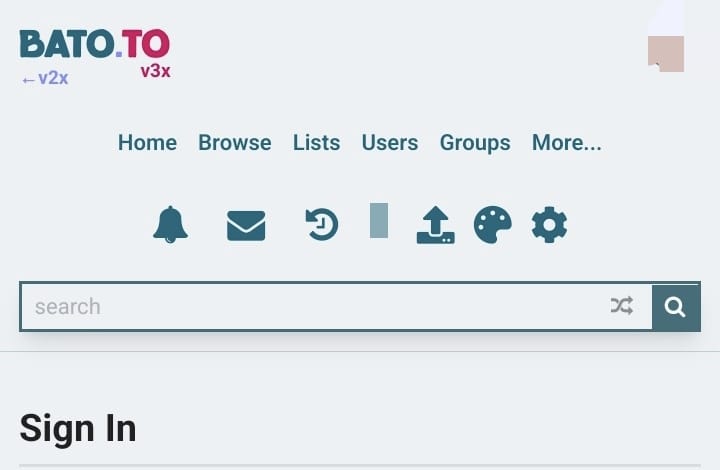Jakarta, Sketsa.id – Rising tensions between Iran and Israel have drawn international concern, as the two long-time adversaries appear to be inching closer to open confrontation. The situation, marked by military strikes and escalating rhetoric, threatens to destabilize an already fragile Middle East.
In recent weeks, Israel carried out targeted airstrikes against alleged Iranian military positions in Syria, killing several Islamic Revolutionary Guard Corps (IRGC) personnel. Iran has condemned the attacks, calling them “aggressive violations of sovereignty,” and has vowed to respond.
The long-standing political rivalry between Tehran and Tel Aviv—rooted in ideological opposition, regional power competition, and nuclear concerns—has entered a dangerous phase. Israel continues to view Iran’s nuclear ambitions as a direct threat, while Iran insists its program is strictly for peaceful purposes.
Regionally, the impact is significant. Pro-Iranian militias in Lebanon, Iraq, and Syria have issued warnings, while Arab Gulf states, some of which have normalized ties with Israel, now face growing pressure to take diplomatic stances.
The United Nations, the European Union, and major global powers such as the United States and China have urged both sides to show restraint and return to dialogue. Yet, political analysts warn that without meaningful diplomatic engagement, the risk of full-scale conflict remains dangerously high.
For Indonesia and other peace-committed nations, the conflict underscores the urgent need for multilateral diplomacy and regional stability through peaceful means. (*)



